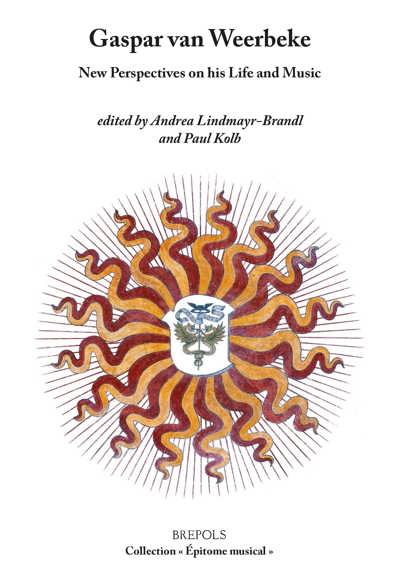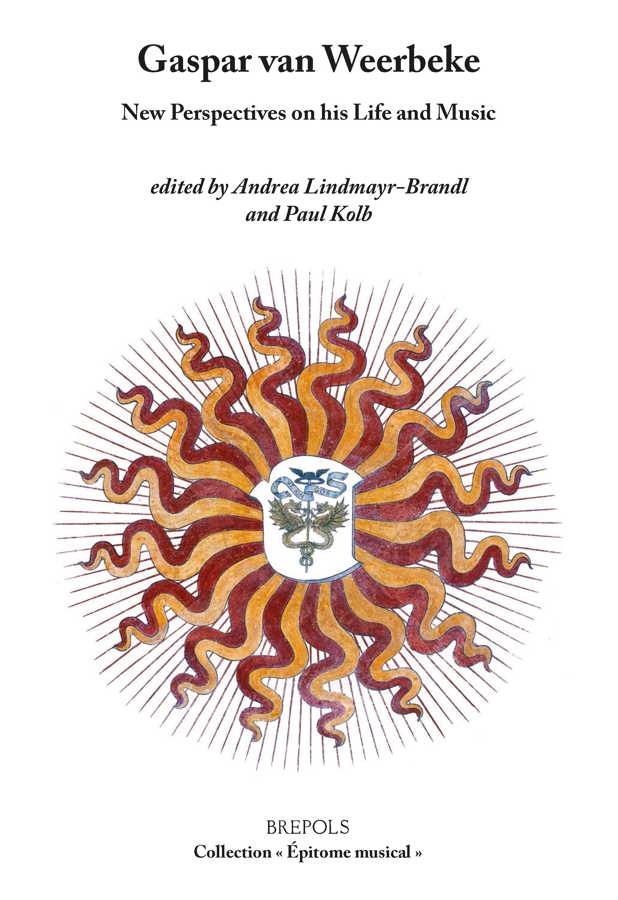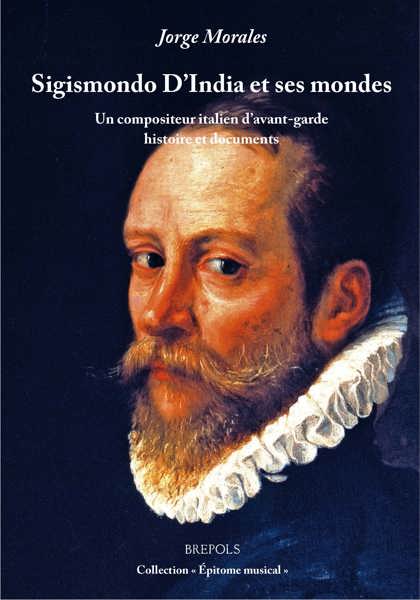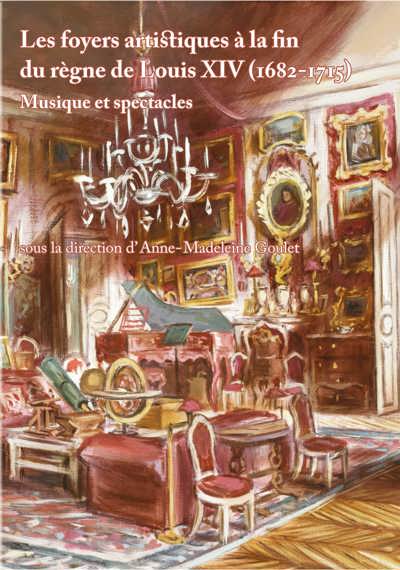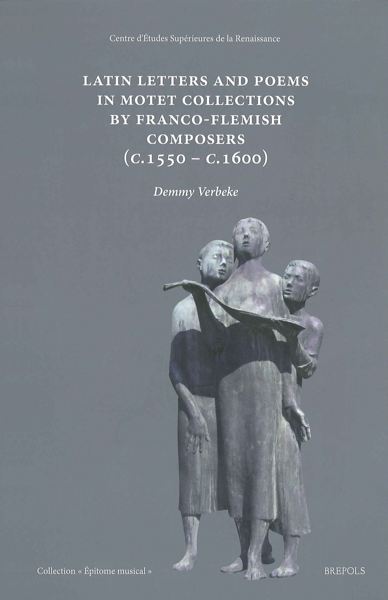
- Pages: 332 p.
- Size:190 x 290 mm
- Illustrations:6 b/w, 14 col., 18 tables b/w., 39 music examples
- Language(s):English
- Publication Year:2019
- € 55,00 EXCL. VAT RETAIL PRICE
- ISBN: 978-2-503-58454-6
- Paperback
- Available
- ISBN: 978-2-503-58455-3
- E-book
- Available
This book presents a collection of essays on the life and works of Gaspar van Weerbeke, one of the most successful Franco-Flemish musicians of the second half of the fifteenth century, revisiting his biography, reception, and compositional output.
“Andrea Lindmayr-Brandl and Paul Kolb, in their volume Gaspar van Weerbeke: New Perspectives on his Life and Music,have done a masterful job of assembling a team of scholars who apply a cornucopia of hermeneutics in order to flesh out a picture of a Renaissance composer, renowned in his lifetime and, according to the editors, all but forgotten until the 19th century.” (Susan Forscher Weiss, in The Medieval Review, 21.09.24)
Andrea Lindmayr-Brandl is professor for music history at the University of Salzburg. Her field of research comprises studies in Renaissance music, manuscript and early print studies, music notation and editorial work, as well as Franz Schubert and his time. Paul Kolb is a post-doctoral research fellow at the Catholic University of Leuven and was previously research assistant for the Gaspar van Weerbeke Project in Salzburg. Both editors are board members of the Gaspar Edition.
In memoriam Gerhard Croll (1927–2019)
Gaspar van Weerbeke was one of the most successful Franco-Flemish musicians of the second half of the fifteenth century, holding prestigious positions in the Sforza court in Milan, the Burgundian court chapel, and the papal chapel in Rome. His compositions were widely transmitted in manuscript and print sources throughout Europe, and he was one of the best represented composers in the early Italian music prints of Ottaviano Petrucci. Despite the high esteem of his contemporaries, Gaspar has up to now played only a peripheral role in Renaissance music historiography. This book is the first collection of research articles dedicated exclusively to the life and works of Gaspar. While the basic facts of Gaspar’s life have long been known, the book fleshes out the details, presenting a more differentiated and complex picture of his biography. Analysis of a wide range of Gaspar’s compositional output leads to new interpretations of his approach to different genres: masses, motets, and motet cycles. His relatively small quantity of songs is revisited in light of the confusion—both then and now—over the meaning and validity of their attributions. This book seeks to promote further research on this composer and place him in his appropriate place in music history.
Andrea Lindmayr-Brandl & Paul Kolb, Introduction
Part I. Biographical aspects
Klaus Pietschmann, Seven Reasons for Italy: Gaspar van Weerbeke's Career between Flanders, Milan, and Rome
Paul A. Merkley, Weerbeke in Milan: Court and Colleagues
Sean Gallagher, Belle promesse e facti nulla: A Letter to Weerbeke and the Treatment of Singers in Florence and Milan
Laurence Fagnart, Gaspar Depicted? Leonardo's Portrait of a Musician
Grantley McDonald, Gaspar van Weerbeke as a Member of the Burgundian Chapel
Jeannette DiBernardo Jones, Gaspar van Weerbeke and France: The Poetic Witness of Guillaume Crétin
Part II. Masses and Motets
Fabrice Fitch, 'Under the Radar' or 'Caught in the Crossfire'? The Music of Gaspar van Weerbeke and its Reception History
Agnese Pavanello, Weerbeke's Stylistic Repertoire: New Insights from the Marian Motets
Fabrice Fitch, The Cycle as Modular Composition: The Motetti missales of Gaspar van Weerbeke
Wolfgang Fuhrmann, Another 'Most laudable competition'? Gaspar, Josquin, Regis, and the Virgin in Distress
Paul Kolb, A New Mass and its Implications for Gaspar's Late Mass Style
Andrea Lindmayr-Brandl, Petrucci's Gaspar: Sources, Editing, and Reception
Part III. Secular Music
David Fallows, Gaspar and Japart: The Secular Works, with Particular Reference to Basevi 2442 and a Word about Fridolin Sicher
Carlo Bosi, Caught in the Web of Texts: The Chanson Family Bon vin/Bon temps and the Disputed Identity
Eric Jas, La stangetta Reconsidered: Weerbeke, Isaac, and the Late Fifteenth-Century Tricinium
Bibliography, General Index, Index of Works
